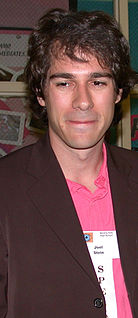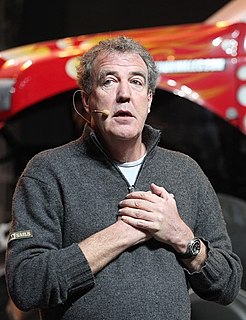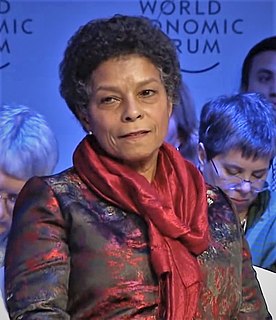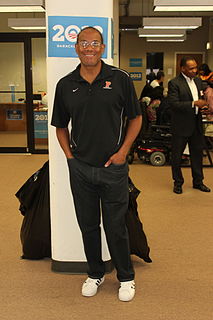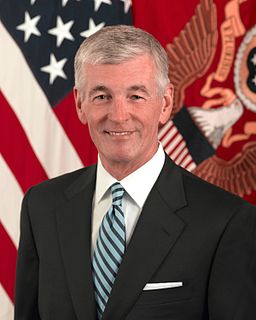A Quote by Mo Ibrahim
The leakage of information means you're going to be able to read everybody's e-mail.
Related Quotes
We get information in the mail, the regular postal mail, encrypted or not, vet it like a regular news organization, format it - which is sometimes something that's quite hard to do, when you're talking about giant databases of information - release it to the public and then defend ourselves against the inevitable legal and political attacks.
When I get real big volumes of hate mail, it's usually because I wrote something poorly. But it's also because some group told people to e-mail me and those people didn't read the article, they read the post about what I wrote about. And they all e-mail me. And they all come around at the same time.
Boredom forces you to ring people you haven’t seen for eighteen years and halfway through the conversation you remember why you left it so long. Boredom means you start to read not only mail-order catalogues but also the advertising inserts that fall on the floor. Boredom gives you half a mind to get a gun and go berserk in the local shopping centre, and you know where this is going. Eventually, boredom means you will take up golf.
Electronic medical records are, in a lot of ways, I think the aspect of technology that is going to revolutionize the way we deliver care. And it's not just that we will be able to collect information, it's that everyone involved in the healthcare enterprise will be able to use that information more effectively.
Only a very small number of the e-mails containing classified information bore markings indicating the presence of classified information. But even if information is not marked 'classified' in an e-mail, participants who know or should know that the subject matter is classified are still obligated to protect it.







